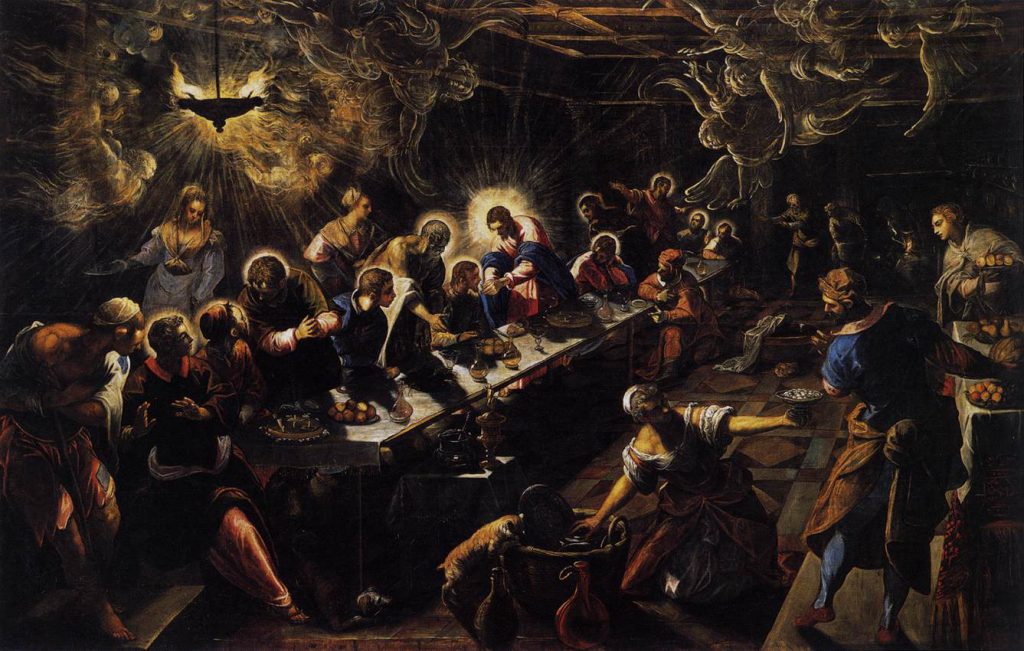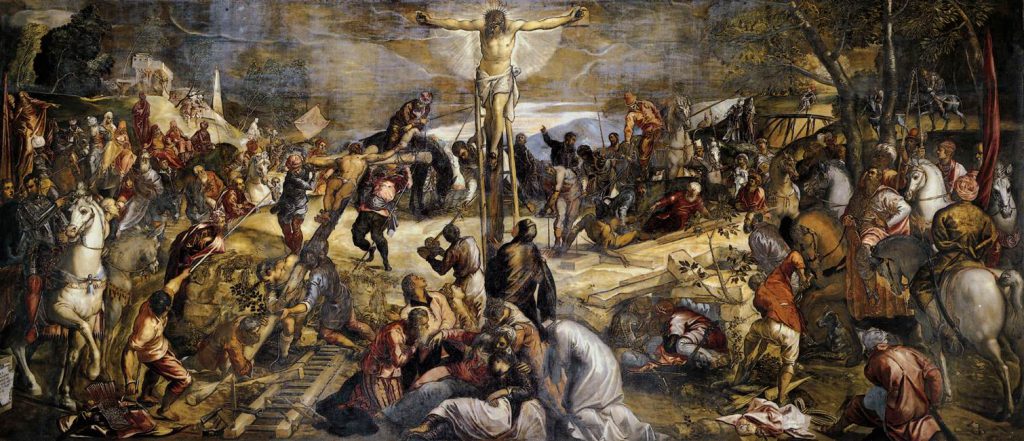In its efforts to be truly scientific, the academic discipline of psychology (which I once studied) relies very heavily on the controlled experiment. There are good reasons for this. As with randomised drug trials, it’s a way (among other things) of elimating the biases, preconceptions and prejudices which inevitably creep in with a more subjective approach. But I wish that psychologists (and indeed scientists more generally) would acknowledge that the methodological self-discipline they impose on themselves does mean that many important and even fundamental questions are simply left outside of their purview. Often, I’ve found, that, rather than admit that their approach has limitations, scientists will simply deny the validity of questions they can’t answer.
For instance, when the idea of the Big Bang was first popularised, the obvious layman’s questions (So what made the Big Bang happen? What was there before the Big Bang?’) were often dismissed as meaningless on the basis that, since there was no time at all until the Big Bang, there was no such thing as ‘before’ it. This drew a sort of figleaf over the fact that the ‘Big Bang Theory’, supposedly a theory about the origin of the universe, in fact completely sidestepped the real questions about the origin of the universe that occur even to very small children: ‘Why is there anything here at all? Where does it come from? How can something emerge from nothing?’
You might say that these questions are simply unanswerable: any explanation would involve postulating some previously existing thing, whose existence would then in itself require explanation. But that doesn’t alter the fact that they are valid questions. Their very unanswerability is, I would say, a profoundly important aspect of the human condition which ought to occasion some humility about the limitations of scientific understanding. Frontiers may be pushed back, but at the core of everything there is always mystery. To deny that, is to deny our own experience.
* * *
Incidentally cosmologists are talking these days about the time before the Big Bang. It seems that, now that there are interesting ideas to explore about the multiverse and bubble universes, the question is no longer meaningless!
* * *
One phenomenon which is extremely resistant to the experimental method is dreaming, since our dreams are invisible to anyone but ourselves and our dreaming selves are never in a position to make notes or measurements (or at any rate, not notes or measurements that will still exist when we wake.) And I’ve come across experimental psychologists being very dismissive about the importance of dreams.
Again, it seems to me, this is an instance of being reluctant to own up to limitations: ‘We are the experts, we don’t know how to answer these questions, so therefore they can’t be important questions.’ Not really ‘scientific’ behaviour, so much the behaviour of a jealous priesthood. After all, if we only took seriously the things and processes whose existence could be demontrated by rigorous experiment, we’d have to jettison most of the contents of our lives, and surrender judgements that we’re perfectly capable of making to professionals to make for us on the basis of a much narrower range of data than we ourselves would naturally deploy.
* * *
I once went to a doctor asking for help managing some symptoms which I knew were the result of anxiety. (The cause of it was no mystery: there was a very big thing I was worrying about). He had me fill in a multiple choice questionnaire, totted up the scores and informed me that I was suffering from anxiety.
* * *
But back to dreams. You only have to consider you own dreams to see the subtlety and complexity of what is going on in them. To give one example: recently both we and our neighbours had building work going on at the same time in our adjoining terraced houses. In the case of the neighbours, this work was so extensive that they had to move out completely for the duration. During this period I had a dream that our builders had accidentally knocked a whole through our shared wall, so that I could see right through into their living room. In my dream, my neighbour Simon came to have a look at the building work, and I greeted him through the hole in the wall, expecting him to be as amused as I was by this tempororary problem. In fact, though, he was angry. It was unacceptable, he said, that our builders should broach their boundary in this way.
Leaving the content of this dream aside (and I haven’t yet extracted any deep meaning from it, although it reminds me of a thing that sometimes happens in conversations when you assume a level of intimacy that the other person is relucant to cede), what strikes me here is what such dreams reveal about the process. In my dream, I expected a certain response from Simon and was surprised when I didn’t get it. Instead I got another response that I didn’t anticipate, but which was also psychologically plausible, and which had been generated for me by another part of me, separate to the part of me that, in my dream, I identified as ‘me.’
One part of my mind, in other words, was generating, not just random thoughts and images, not just random firings of neurons, but a world and characters, as in a story, with which another part of my mind, the story’s protagonist, could interact as if they were real places and people. That’s a fairly complex thing going on there.
And, what’s more, that same ‘other’ part of me -the part that, in my dreams, presents itself not as me but as the world- doesn’t just generate a setting and characters, but also symbols and metaphors. For instance, I once dreamed I saw a blind man begging in the street, completely unaware that right behind him was a broken cash machine pouring out bank notes. Whatever part of me it is that generates the dream world and invents plausible motives for its characters, had here (as on many other occasions) constructed a fairly decent metaphor, in this case for someone who is very unhappy but failing to recognise the opportunites available: my own situation at the time, as I realised when I woke up.
This is not random firings of neurons! This is intelligent story-telling. It shows how dreams include the same basic elements as stories told in waking life, even though we are supposedly ‘unconscious’ when we construct them.
But then, at its core, all story telling is unconscious: you reach into yourself for something and, if you’re lucky, eventually something pops up from…well… somewhere. Another of those unanswerable questions about how something emerges from nothing.
* * *
It seems to me likely that one of the functions served by dreams, as by other kinds of story, is to provide a kind of virtual reality studio in which we can explore or extend or consolidate our experience. (I doubt, incidentally, whether this theory could be demonstrated or refuted by controlled experiments, but supposing it couldn’t be, that actually has no bearing on whether it’s true, only on whether it’s amenable to the scientific method.)
And dreams aren’t even confined to humans. Anyone familiar with dogs knows that that they can be seen running, or barking, or whining in distress in their sleep. Story-telling seems to be hardwired into us, running so deep that it predates the evolution of human beings.
What is the content of animals’ dreams? What does a squirrel dream of? How about a lizard, or a fish? Impossible to answer, but still perfectly reasonable questions.


